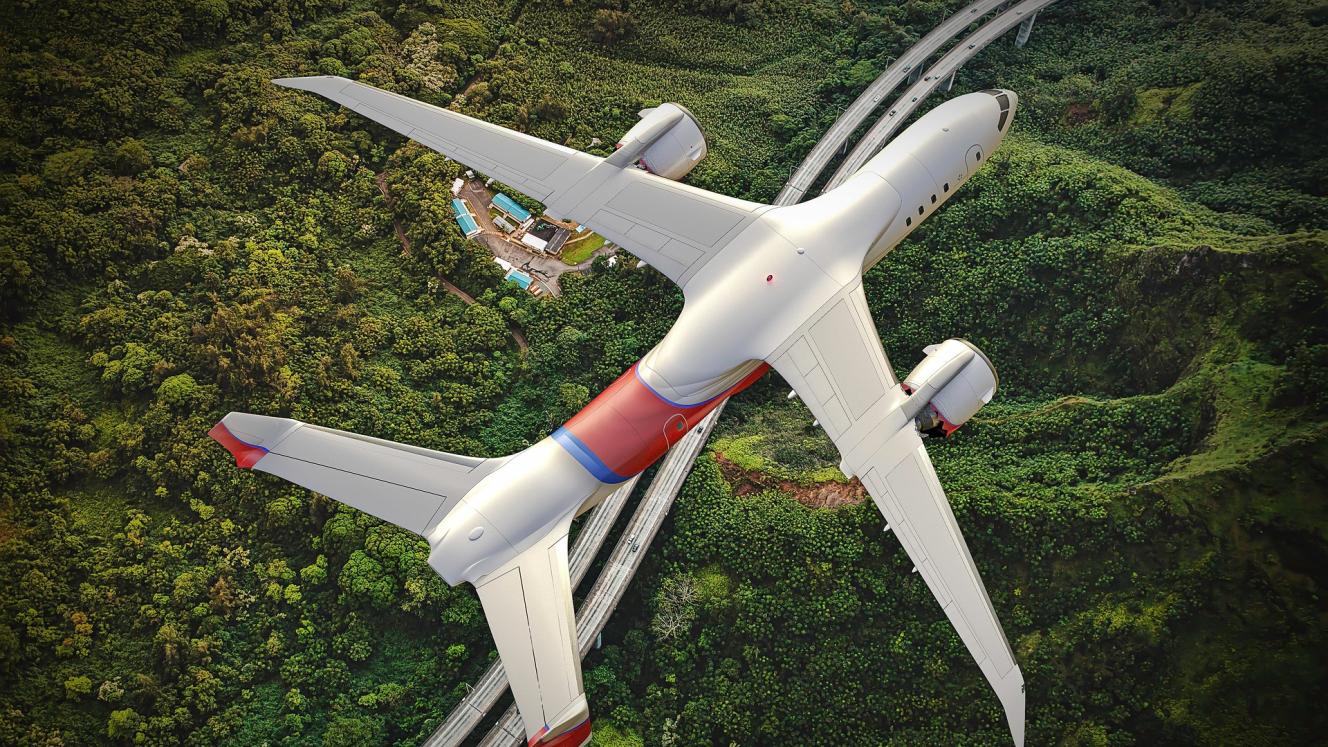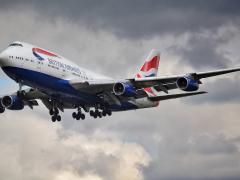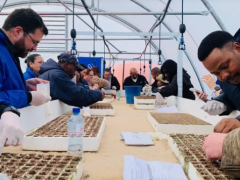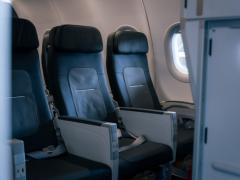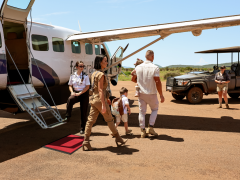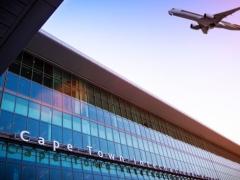Following the release of Iata’s five roadmaps to achieving nett zero, its Net Zero Tracking Methodology will be used to collect data for annual reports updating the industry on the progress towards aviation’s commitment to nett zero carbon emissions by 2050.
The methodology and process of reporting was developed by industry experts to gather input data from Iata member airlines. Non-Iata airlines are being encouraged to contribute too. After the data is validated, the data from the previous year will be reported annually in the fourth quarter of each year.
The first report is scheduled for publication next year.
Iata Senior Vice President Sustainability and Chief Economist Marie Owens Thomsen said: “Decarbonisation is an industry challenge, not a competitive issue. The report and the methodology behind it can enable benchmarking that could intensify decarbonisation efforts by spreading the success of best practices and sparking innovation.”
Airlines can use the data to benchmark their progress towards decarbonisation and the methodology to report their progress to their governments, investors and customers.
Methodology features:
-
Standardisation: Establishment of a framework to ensure accurate reporting that can be used through the industry to identify emissions scope, sources, and processes for emissions tracking and measurement.
-
Accuracy: Recommendation of best practices for data collection and validation.
-
Comprehensiveness: Accommodation of all forms of decarbonisation efforts in the cycle, including usage of conventional and sustainable aviation fuel, carbon offsets/carbon capture, and future power sources (hybrid-electric, electric, and hydrogen-powered aircraft).
“Transparency is a critical element of aviation’s decarbonisation. We will report our progress annually to ensure standardised, accurate and comprehensive reporting of aviation’s journey to nett zero. Industry-level data in the track zero report will help airlines, governments, and investors with tools to improve decision-making to accelerate progress,” said Thomsen.
